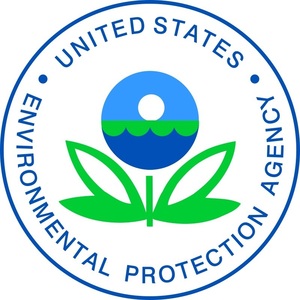EPA to host 2-day workshop on GHG modeling for biofuels

December 27, 2021
BY Erin Krueger
The U.S. EPA has announced it will host a virtual public workshop on greenhouse gas (GHG) modeling for biofuels on Feb. 28 through March 1. The agency is hosting the workshop to solicit information on the current scientific understanding of GHG modeling of land-based crop biofuels used in the transportation sector.
Information gathered through the event will be used to inform a range of current and future actions, including EPA’s methodology for quantifying GHGs under the Renewable Fuel Standard. Through the workshop, the agency said it will initiate a public process for getting input on how to incorporate the best available science into an update of its lifecycle analysis of biofuels. The event will also help the EPA determine what steps it should take next in this work area.
The EPA is specifically seeking public comments on what sources of data exist and how they can be used to inform the assumptions that drive GHG estimates; how best to characterize the sources of uncertainty associated with quantifying the GHG emissions associated with biofuels; and what models are available to evaluate the lifecycle GHG emissions of land-based biofuels and whether those models meet Clean Air Act requirements for quantifying the direct and significant indirect emissions from biofuels.
The workshop is being conducted by EPA’s Office of Transportation and Air Quality in consultation with the USDA and the U.S. Department of Energy. The agency will also accept written comments through April 1. Additional information, including a link to register for the two-day workshop, is available on the EPA website.
Advertisement
Advertisement
Advertisement
Advertisement
Related Stories
President Trump on July 4 signed the “One Big Beautiful Bill Act.” The legislation extends and updates the 45Z credit and revives a tax credit benefiting small biodiesel producers but repeals several other bioenergy-related tax incentives.
Saipem has been awarded an EPC contract by Enilive for the expansion of the company’s biorefinery in Porto Marghera, near Venice. The project will boost total nameplate capacity and enable the production of SAF.
Global digital shipbuilder Incat Crowther announced on June 11 the company has been commissioned by Los Angeles operator Catalina Express to design a new low-emission, renewable diesel-powered passenger ferry.
Scientists at ORNL have developed a first-ever method of detecting ribonucleic acid, or RNA, inside plant cells using a technique that results in a visible fluorescent signal. The technology could help develop hardier bioenergy and food crops.
International Air Transport Association has announced the release of the Sustainable Aviation Fuel (SAF) Matchmaker platform, to facilitate SAF procurement between airlines and SAF producers by matching requests for SAF supply with offers.
Upcoming Events










